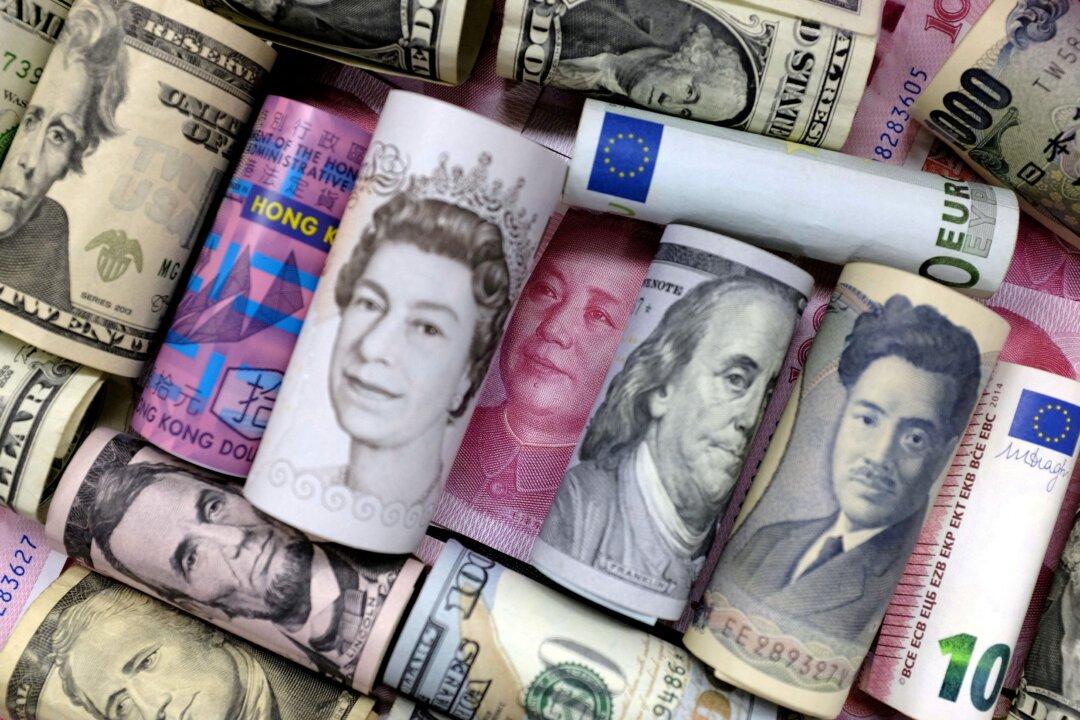The euro jumped on Tuesday after some progress was reported in peace talks between Russia and Ukraine.
Russia promised at the talks in Istanbul to drastically scale down its military operations around Kyiv and the northern Ukrainian city of Chernihiv, while Ukraine proposed neutral status with international guarantees.





